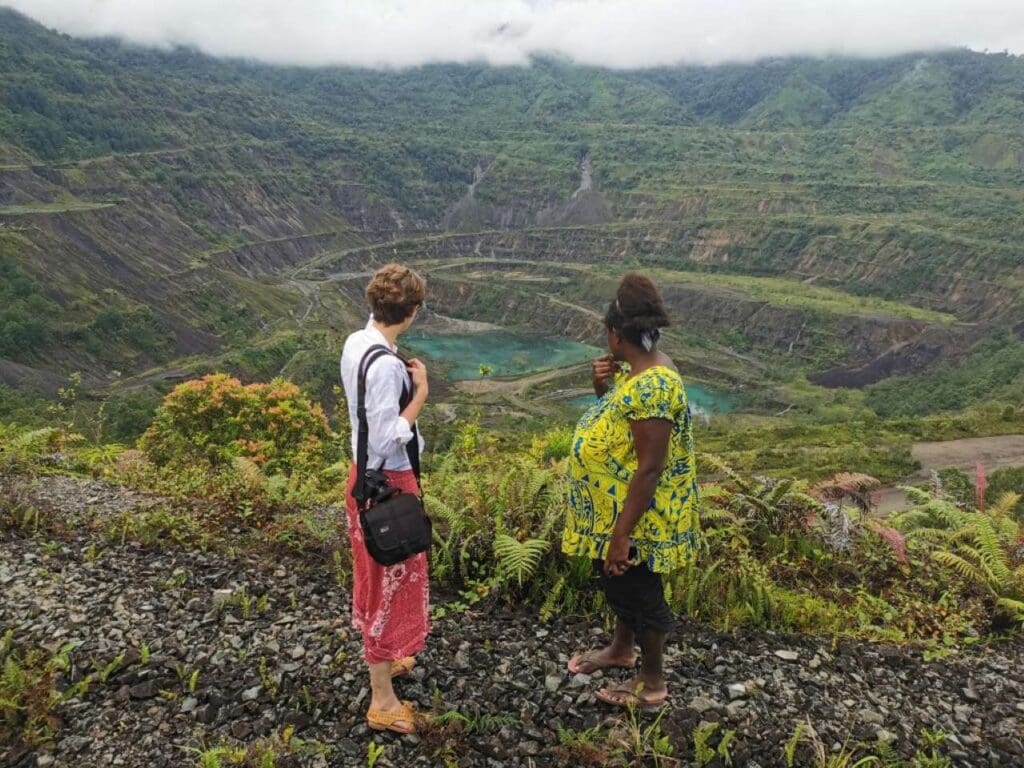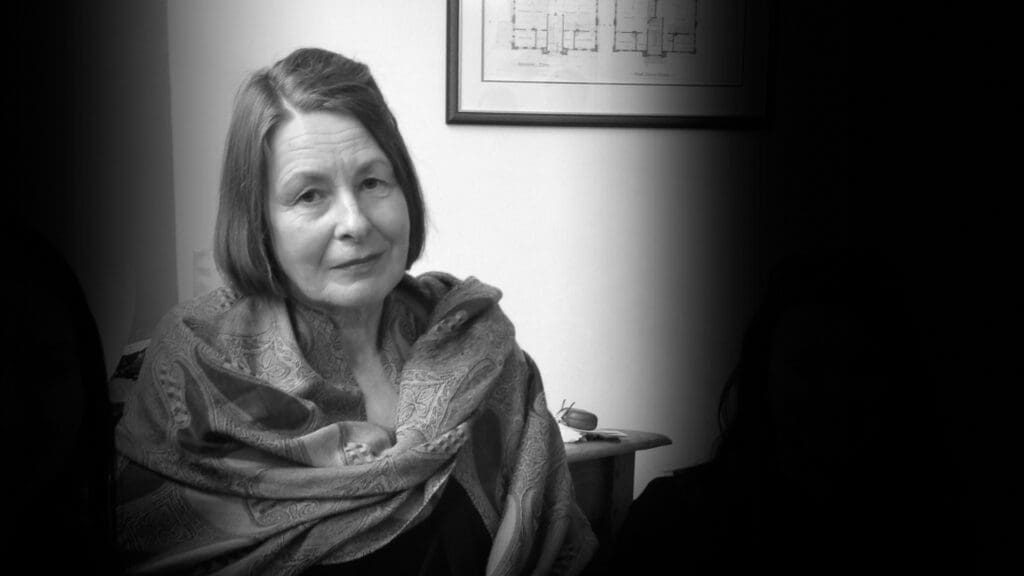Discriminatory Federal Government program making life harder for mums and babies
A punitive Government parenting program is making life harder for mums with babies as young as six months, and raises questions about compliance with Australia’s sex and race discrimination laws.
In a joint submission to the Senate Inquiry into the Federal Government’s ParentsNext program, Aboriginal and Torres Strait Islander and human rights organisations have called for the program to be scrapped.
The program forces parents, including mothers with children as young as six months, to complete “activities” or face having their parenting payment cut. 95 per cent of those captured by the program are women, many of whom are single mothers. An intensive stream of the program targets Aboriginal and Torres Strait Islander parents.
Between 1 July – 31 December 2018, parents had desperately-needed parenting payments suspended over 16,000 times. Early data indicates that Aboriginal and Torres Strait Islander parents are more at risk than non-Indigenous parents.
Antoinette Braybrook, Convener of the National Family Violence Prevention Legal Services Forum said: “This program is setting Aboriginal and Torres Strait Islander women up to fail, and it will cause the most pain for mothers escaping family violence, dealing with homelessness and in other distressing circumstances.”
“Rather than pointing the finger and punishing our women, the Federal Government should be investing in Aboriginal-led programs that support women to meet their goals.”
International evidence shows that programs, like ParentsNext, that impose financial sanctions on struggling single parents, can do more harm than good. Of particular concern is the impact on children.
Muriel Bamblett, Chair of SNAICC – National Voice for our Children, said: “A child’s early years are the most critical for healthy development. Every parent knows how challenging the job of parenting is during these early years. Our Government should value this work.”
“It is extraordinary and outrageous that a Government intentionally discriminates against women and Aboriginal and Torres Strait Islander parents in the administration of this program. It is not only failing our women, families and children, it is actively contributing to the erosion of our rights.”
The Government has acknowledged that the program discriminates on the basis of race and sex but claims the discrimination is justified.
Adrianne Walters, Senior Lawyer at the Human Rights Law Centre said: “By the Government’s own admission, the program discriminates against women and Aboriginal and Torres Strait Islander parents. It’s justifications for this discrimination just don’t stack up.”
“Our Government should be thanking women for the endless hours of breastfeeding and nappy-changing – the unpaid and undervalued labour that contributes to our nation’s prosperity. Not threatening to leave them without money for food for them and their babies.”
For interviews call:
Michelle Bennett, Director of Communications, Human Rights Law Centre, 0419 100 519
Image: © 2012, Charlotte Raymond Photography for International AIDS Vaccine Initiative (IAVI)
Media Enquiries
Chandi Bates
Media and Communications Manager

Rio Tinto to face scrutiny at AGM for response to Panguna mine disaster
As shareholders meet in Perth today for Rio Tinto’s AGM, communities living with the ongoing devastation from Rio Tinto’s former Panguna mine are calling for the company to urgently commit to funding long-term solutions.
Read more
Malinauskas Government must take historic opportunity and adopt Human Rights Act after inquiry recommendation
The Human Rights Law Centre has congratulated the South Australian parliamentary inquiry recommendation for a South Australian Human Rights Act.
Read more
Legal challenge filed against Tasmanian Parole Board’s decision to gag free speech
The Human Rights Law Centre has filed legal proceedings on behalf of Tasmanian grandmother, Susan Neill-Fraser, to challenge a restrictive parole condition placed on her by the Tasmanian Parole Board seeking to limit her ability to speak to the media.
Read more


